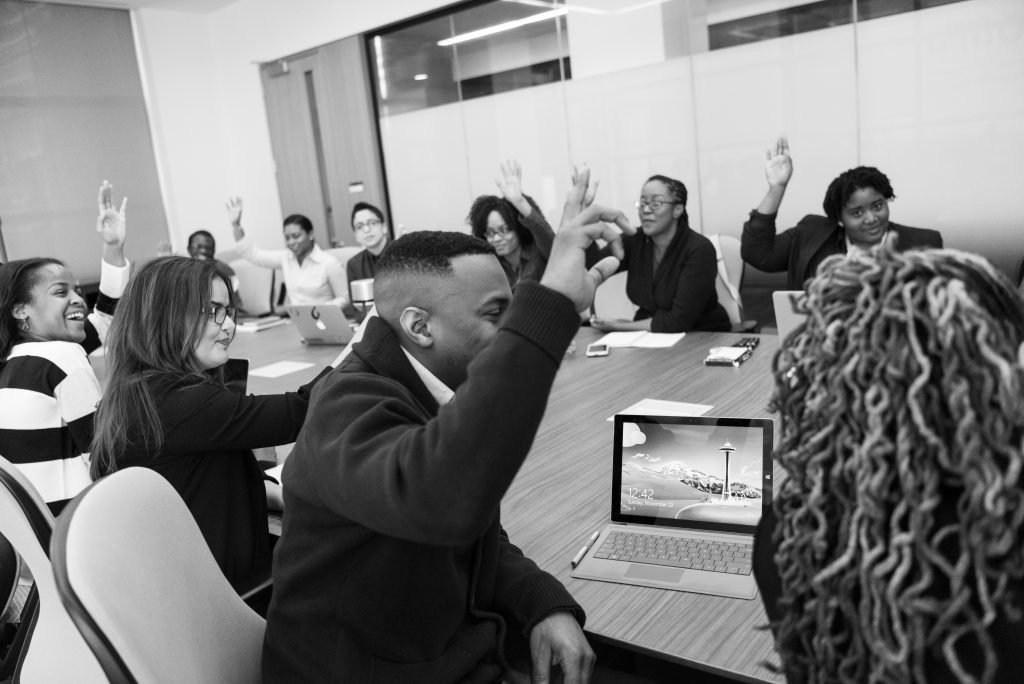OUTDOORING THE AHRAP
SSHRC funded Research/Dissemination Network on the Development of the African Union’s African Human Rights Action Plan (AHRAP-NET) undertook and disseminated relevant research/analysis that enhanced the capacity and ability of the Pan African Lawyers Union or PALU (and in the end the African Union) to develop and adopt an optimal African Union’s African Human Rights Action Plan (AHRAP), while allowing Canadian/African foreign policy and human rights practitioners to learn significantly more about aspects of the challenges, accomplishments, and prospects of Canada’s human rights role in Africa. AHRAP-NET allowed the two partners, i.e. York and PALU, as well as the team members, to expand and deepen joint research, knowledge mobilization and training activities, in significant and innovative ways towards the African Union’s effort to develop and adopt the AHRAP.
This proposed series of outreach activities are a sequel to AHRAP-NET, which built on existing collaborative relationships and undertook the dissemination of relevant research/analysis that greatly enhanced the capacity/ ability of the Pan-African Lawyers Union (PALU) and the African Union to develop and adopt an optimal AHRAP. This collaboration is allowing Canadian/African foreign policy and human rights practitioners to learn significantly more about an important aspect of Canada’s human rights role in Africa. This remains the first ever partnership to be focused on the development and adoption of the AHRAP.
The “Outdooring AHRAP” is designed to initiate several connection outreach activities on the AHRAP. The objective is to extend the current knowledge produced through AHRAP-NET by engaging key strategic stakeholders (and also a targeted section of the public) to mobilize Canadian research on the AHRAP across states in Sub-Saharan Africa and vice versa. By initiating six connection outreach activities (see below), these activities are engaging PALU, human rights NGOs within several African states, African governments (and their National Human Rights Institutions), the African Union (Human Rights Unit), strategic media personnel and the development of new online digital tools. The countries where the “outdooring” is taking place includes (but is not limited to) Kenya (in the East of Africa), Nigeria (in the West), South Africa (in the South), and Congo (in Central Africa). The last phase of this project will take place at Osgoode Hall Law School of York, Canada.
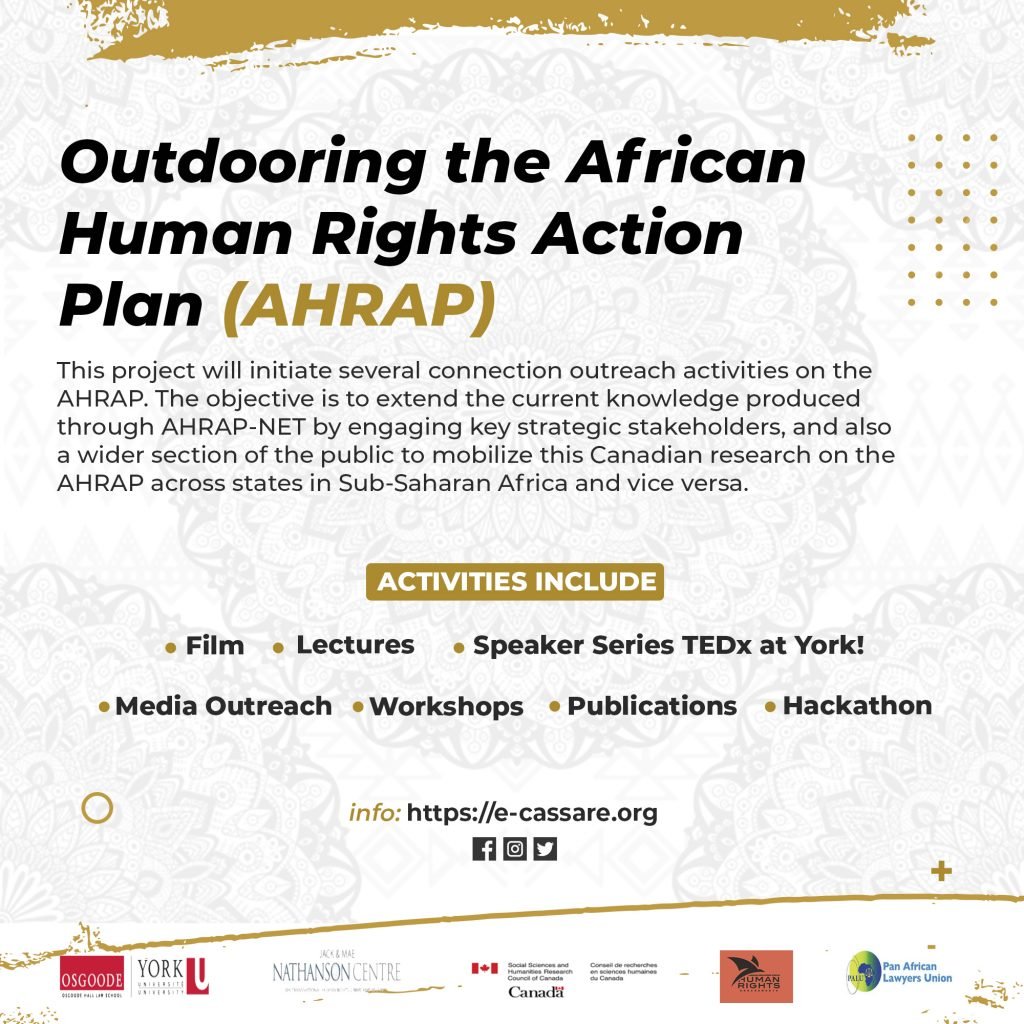
Project Directors
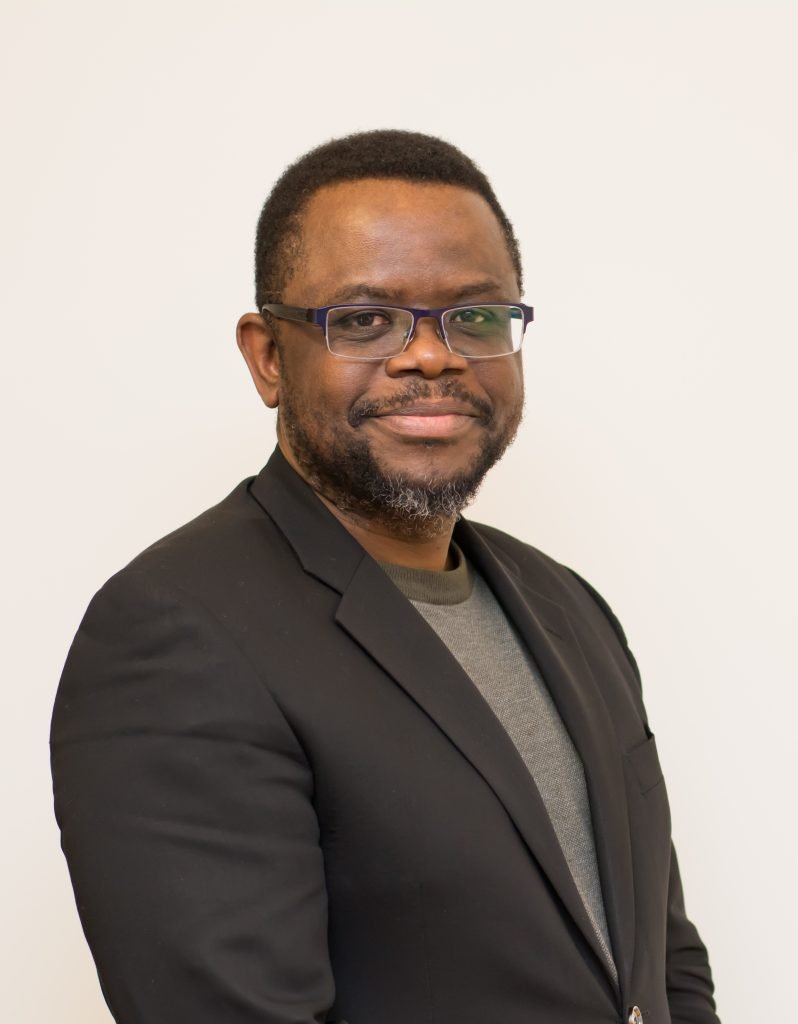
Prof Obiora Okafor
Professor Obiora C. Okafor is one of the world’s top human rights scholar-practitioners. With nearly thirty years of experience as a world-class human rights scholar and practitioner, he holds the highly prestigious York Research Chair in International and Transnational Legal Studies (Senior Tier) and is a tenured Full Professor of Law at the Osgoode Hall Law School of York University, Toronto, Canada (Canada’s top law school).
Prof Okafor has served as a human rights and/or International law consultant for the World Bank, the ECOWAS Parliament, and the House of Representatives of Nigeria. The General Editor of the international journal, the Transnational Human Rights Review, and editorial board member of a number of other academic journals around the world, he has held the Gani Fawehinmi Distinguished Chair in Human Rights Law at the Nigerian Institute of Advanced Legal Studies and served as a Visiting Professor at a number of universities and institutes around the world (including Harvard, MIT, the Rene Cassin Institute in Strasbourg, and Kent Law School). He was conferred the Award of Academic Excellence of the Canadian Association of Law Teachers in 2010 and the Gold Medal for Exceptional Research and Major Contributions to Jurisprudence of the Nigerian Institute of Advanced Legal Studies in 2013. His PhD Thesis at the University of British Columbia (1998) won the Canadian Governor-General (Head of State’s Gold Medal). Professor Okafor has published six books (with two others forthcoming) and nearly 100 journal articles and scholarly writings. He has also won over 19 highly competitive grants.
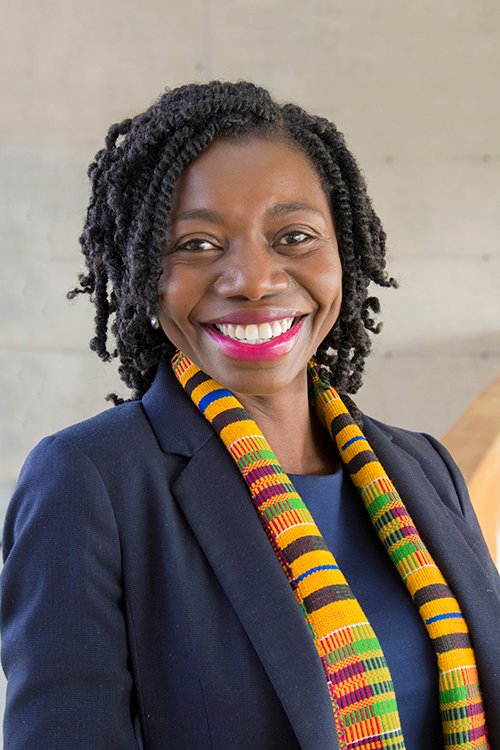
Prof Sylvia Bawa
Dr. Sylvia Bawa is a global sociologist and tenured Associate Professor of Sociology at York University in Canada with expertise in human rights, development, gender, and globalization. With immense experience working with international and local organizations and groups on development, social justice, and human rights issues, her expertise in these areas has been recognized through numerous research awards. With over 15 years of experience in conducting exceptional qualitative research on the aforementioned areas, she has led and currently co-leads international collaborative research projects on human rights, truth and reconciliation, and gender and development. She has also organized, facilitated, and participated in international policy-oriented workshops, roundtables, and conferences for diverse audiences. Her publications appear in top-ranking journals such as Third World Quarterly, African Identities, Qualitative Research Report, Development in Practice, Canadian Journal of African Studies as well chapters in the International Human Rights of Women, (Part of the International Human Rights Series and The Palgrave Handbook of African Women’s Studies (Springer Major Reference Works Series)
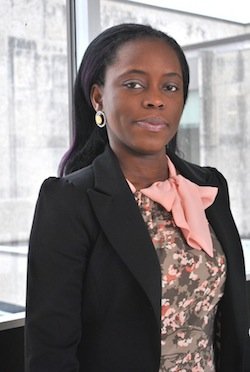
Prof. Ibironke Odumosu-Ayanu
Dr. Ibironke Odumosu-Ayanu is an Associate Professor at the College of Law, University of Saskatchewan. Prior to joining the University of Saskatchewan, she was a Sessional Lecturer at the Faculty of Law, University of British Columbia. She is a barrister and solicitor of the Supreme Court of Nigeria. Dr. Odumosu-Ayanu is a member of the Editorial Committee of the African Yearbook of International Law. She is also a member of the editorial boards of several journals including the Business and Human Rights Journal, the Journal of African Law, and the African Journal of International Economic Law. She is Vice-Chair of the Midwest Interest Group of the American Society of International Law.
An experienced scholar with research interests in local community engagements with legal and economic structures, foreign investment, natural resources, human rights, and socio-economic development, Dr. Odumosu-Ayanu has received several competitive research grants from the Social Sciences and Humanities Research Council (Canada) and other granting agencies to support her research. She has co-organized and facilitated conferences and workshops and delivered lectures and presentations at numerous events around the world. Her research has been published in several leading journals and books. She is co-editor of Indigenous-Industry Agreements, Natural Resources and the Law published by Routledge in 2020. She received the University of Saskatchewan’s Provost College Award for Outstanding Teaching in 2012.
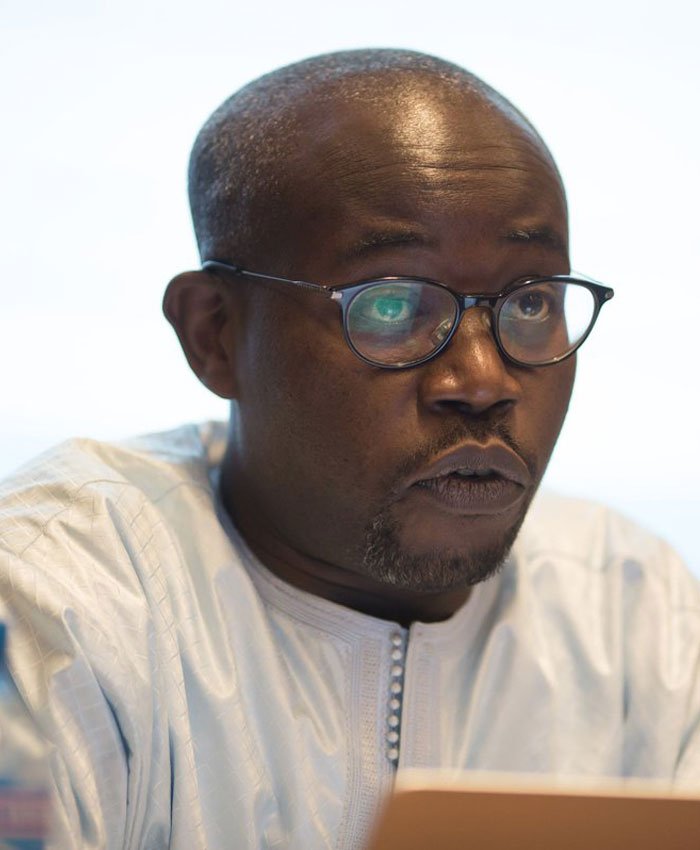
Donald Deya
Donald Deya is the Chief Executive Officer of the Pan African Lawyers Union, (PALU) based in Arusha,Tanzania. He was previously Chief Executive of the East Africa Law Society (EALS) and, before that, Acting CEO of the Kenyan Section of the International Commission of Jurists (ICJ-Kenya), and Deputy CEO of the Law Society of Kenya (LSK).
He has keen interest in – and has researched, spoken, and written on – continental and regional integration; constitutionalism; democracy and good governance; the just rule of law and the promotion and protection of human rights and access to justice; HIV, Human Rights, and Legislation; the interface between law, human rights and information and communications technologies (ICTs); and, lately, on international criminal justice in Africa.
He is also the Councillor, African Forum of the International Bar Association (AfrIBA); former Secretary of AfrIBA Executive Committee Member, the International Institute of Law Association Chief Executives (IILACE); formerly a Member of its Programme Committee. Don is also a member of the International Bar Association (IBA); International Law Association (ILA); Society for International Development (SID); Commonwealth Lawyers’ Association (CLA); International Commission of Jurists (ICJ); East Africa Law Society (EALS); Southern African Development Community Lawyers’ Association (SADC LA); Law Society of Kenya (LSK); and several other non-profits.
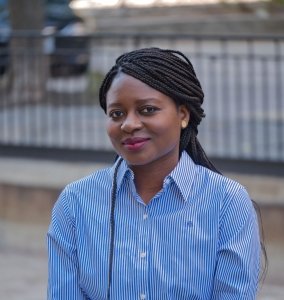
Prof. Nadege Compaore
Dr. W. R. Nadège Compaoré is a Provost Postdoctoral Fellow in the Department of Political Science at the University of Toronto. Prior to this, she was a Postdoctoral Fellow at the Balsillie School of International Affairs with the University of Waterloo, a Research Analyst at the Canadian Institute for Advanced Research and a SSHRC Postdoctoral Fellow in the Department of Social Science at York University. Nadège’s work is anchored within International Relations (IR) and Comparative Politics scholarships, which guide her two main research foci: (1) she studies the global governance of extractive industries and its implications for global environmental politics, by paying particular attention to the agency of resource-rich African actors in the international system; (2) she critically examines knowledge production in IR, by locating gender and race dynamics in international politics.
Nadège’s research draws from extensive fieldwork in Gabon, Ghana, and South Africa, and has been funded by SSHRC, the Centre for International Governance Innovation, and the Canadian International Development Agency. Her work has been published in journals such as International Studies Review, Etudes Internationales, Millennium: Journal of International Studies, and Contemporary Politics. She is co-editor of New Approaches to the Governance of Natural Resources: Insights from Africa (Palgrave, 2015). Nadège’s current book project investigates the significance of the Permanent Sovereignty over Natural Resources principle for global discourses of legitimacy and responsibility, insofar as these discourses guide real processes of membership and compliance within the Extractive Industries Transparency Initiative. She holds a Ph.D. in Political Studies from Queen’s University.
Project Coordinator
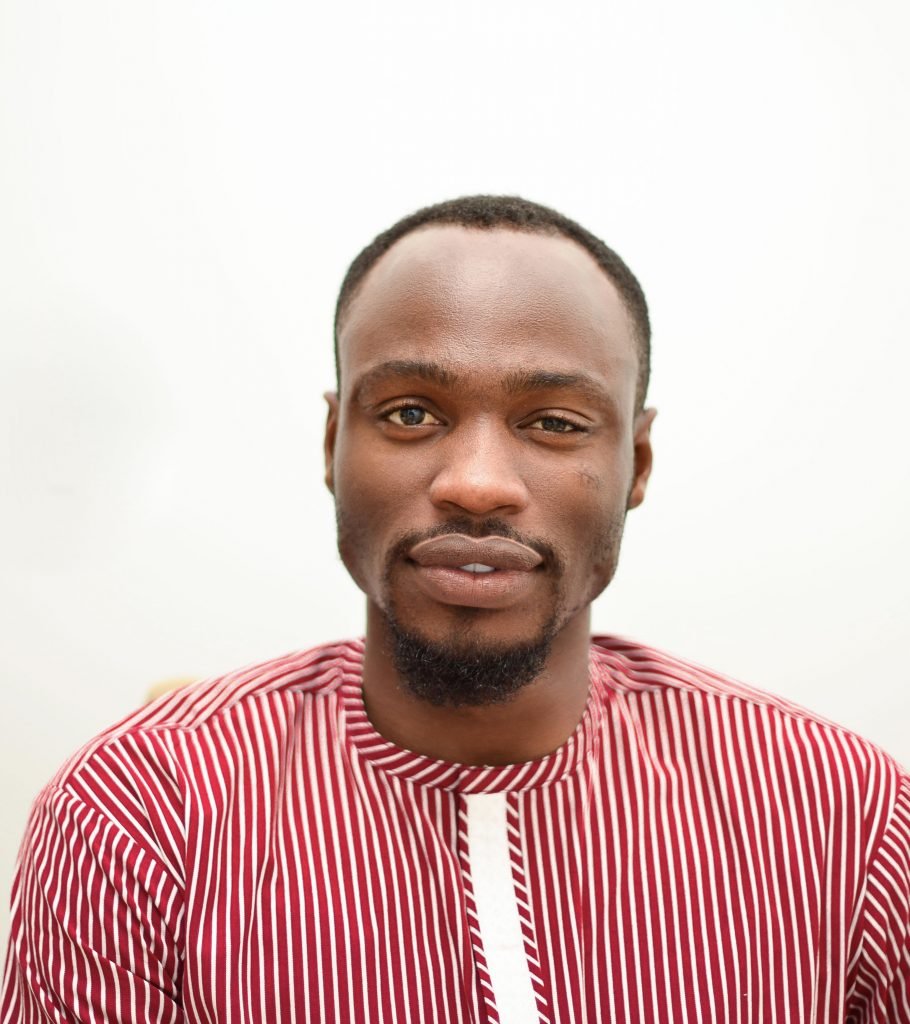
Jake Okechukwu Effoduh
Okechukwu Effoduh has a demonstrated history of working in the private law sector; the executive branch of government; and, the media industry. He is skilled in litigation, human rights, and regional community law. He has also gained robust media and communication expertise.
Effoduh has gained several years of experience as a private legal practitioner. He also served as the Assistant Director of the Council on African Security and Development (CASADE) for 4 years where he convened the first-ever Summit on National Security in Nigeria (involving 200 top security experts from 40 countries to develop a security strategy for the Nigerian government). He worked as legal officer of the Presidential Advisory Committee Against Corruption (PACAC) a think tank set up by the Nigerian President, before proceeding with his keen pursuit for academics.
For eleven years, Effoduh anchored 2 of Nigeria’s most popular radio programs which aired on over 150 stations with more than 35 million Nigerians tuning-in in weekly. Effoduh earned 4 national and international awards for his work on radio and has held fellowships at the Harvard Law School, Harvard Kennedy School of Government, and the University of Cape Town’s Mandela School of Public Governance. He is a member of the Nigerian Bar Association and has been designated a World Economic Forum Expert on Human Rights
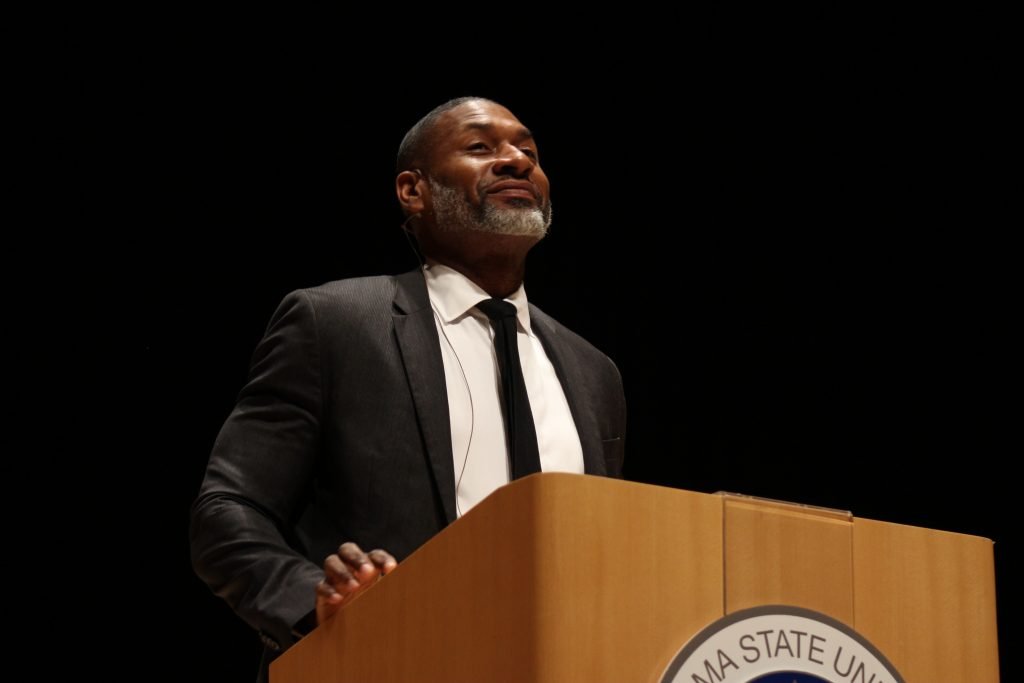
AHRAP Development Implementation Lecture
This Development implementation Lecture focuses on the wider dissemination of the SSHRC-funded partnership knowledge to the wider Canadian academe and key stakeholders.
Publications
Publications in both print and online mediums. Including:
Transnational Human Rights Review, Canada
Council on African Security and Development (CASADE)

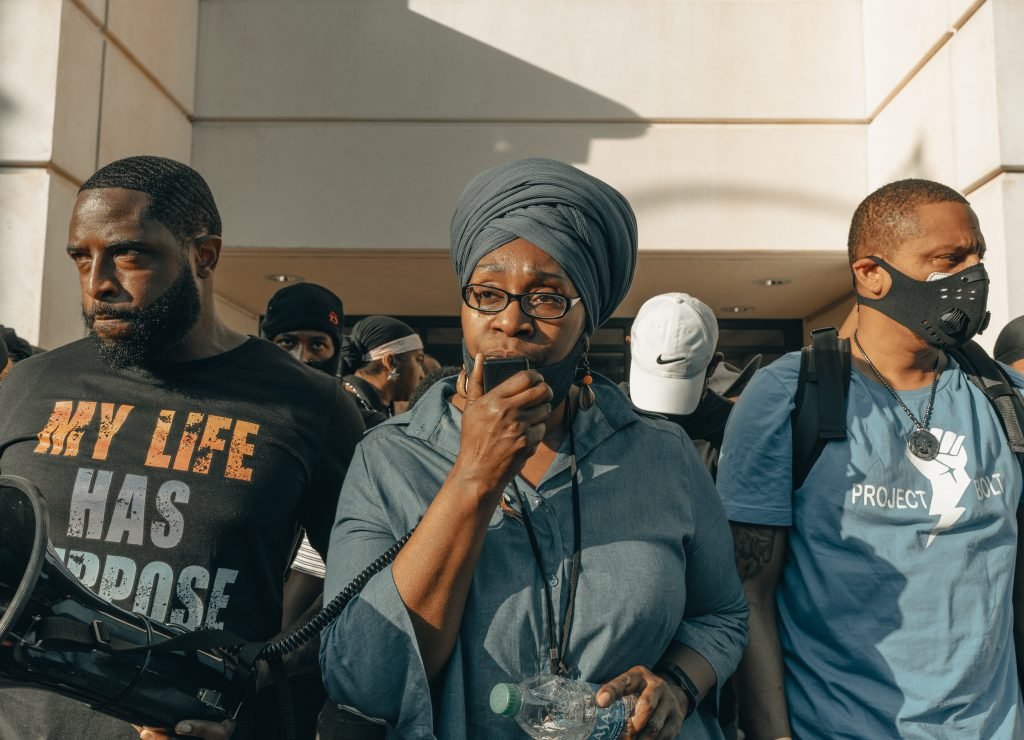
Media Outreach
The rationale for conducting a series of media events on AHRAP (and AHRAP-NET) is two-fold: First, to reach a much wider (general) audience that would not have been reached via the lecture or other academic platforms (such as citizens and publics in the target countries that utilize the media as a source of knowledge acquisition). Second, to mobilize and translate knowledge on AHRAP (and AHRAP-NET) into less technical formats for public understanding.
Hackathon: Developing an interactive Web Portal on AHRAP
A 2-day digital hackathon: computer programmers and other experts in the tech community will collaborate on developing an interactive web portal for mobilizing knowledge on AHRAP (and AHRAP-NET).
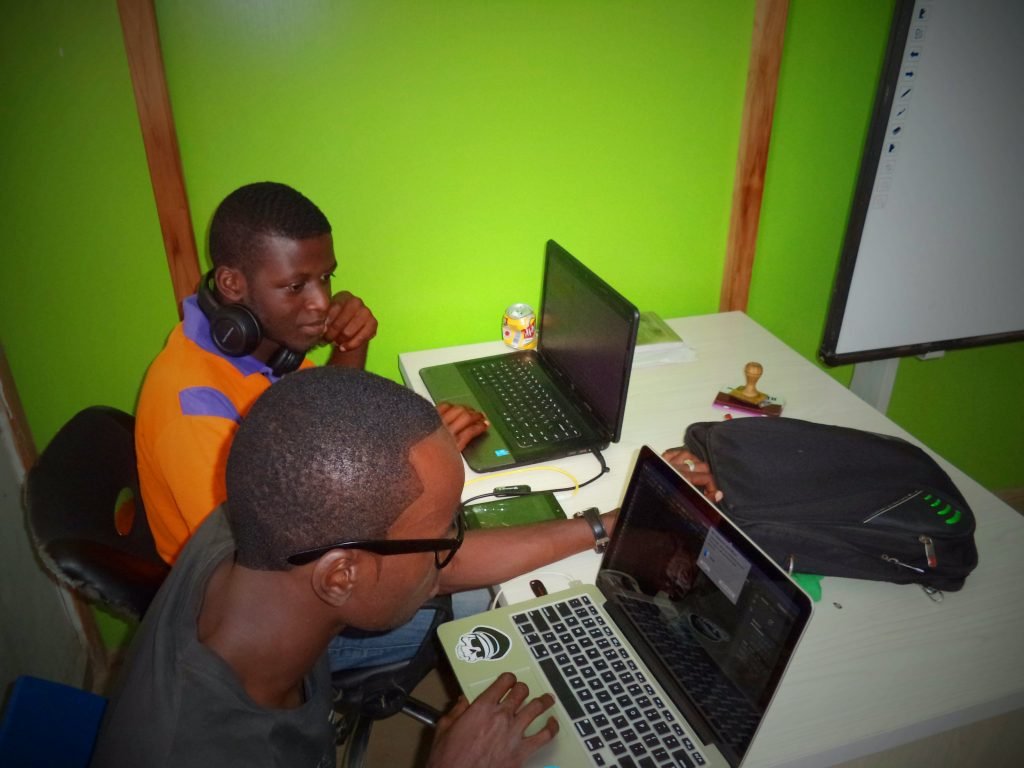
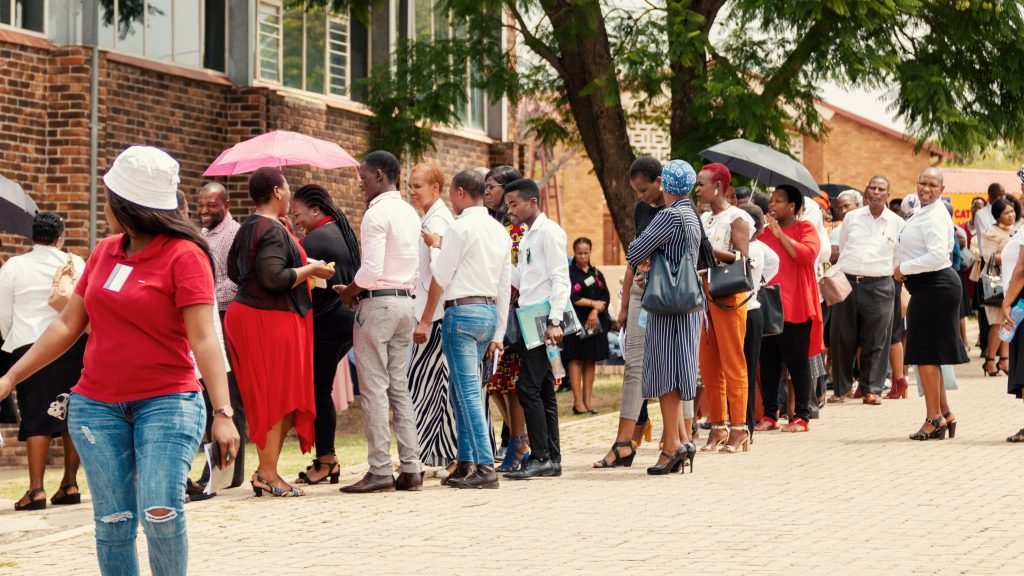
AHRAP Speaker Series
The AHRAP Speaker Series is a two-part exchange dialogue where human rights practitioners will come to the academe in the first part, and the academe will go to the practitioners in the second part. The first part of the series will engage African Union officials and key government representatives at the Pan African Lawyers Union in Arusha, Tanzania, whilst the second part will engage the applicants, co-applicants, collaborators (including PALU), and our stakeholders from Canada and the other target states at the AU office in Addis Ababa, Ethiopia. This AHRAP Speaker Series as a knowledge exchange exercise will expand the understanding and outcomes of AHRAP and AHRAP-NET by engaging on the following key issues: How Human Rights have been conceptualized and defined, and perhaps classified; what areas of human rights have been identified as constituting Key Results Areas – in terms of both substance (class of human rights) and strategies (approaches to promoting and protecting); Implementation monitoring and enforcement mechanism of the AHRAP; and, Monitoring, Evaluation and Reporting frameworks put in place for the AHRAP.
TEDx at York!
TEDx is an international community that organizes TED-style events anywhere to celebrate locally-driven ideas and elevate them to a global stage. TEDx events are produced independently of TED conferences, as each event curates speakers on their own, but based on TED’s format and rules. Due to COVID-19, the proposed TEDx at York University may not be able to bring together the hundreds of students to engage on AHRAP and AHRAP-NET, highlighting Canada’s role in this process and presenting the academic community’s input to the development of AHRAP. This will however take place online but still involving the avant-garde youth-focused audience at York, speakers will comprise of experts from the field presenting key insights on the AHRAP’s engagement on issues such as free movement of persons, goods, services, and capital; peace, security and conflict prevention; Women’s rights and economic integration and development; and democratic elections and political power succession.
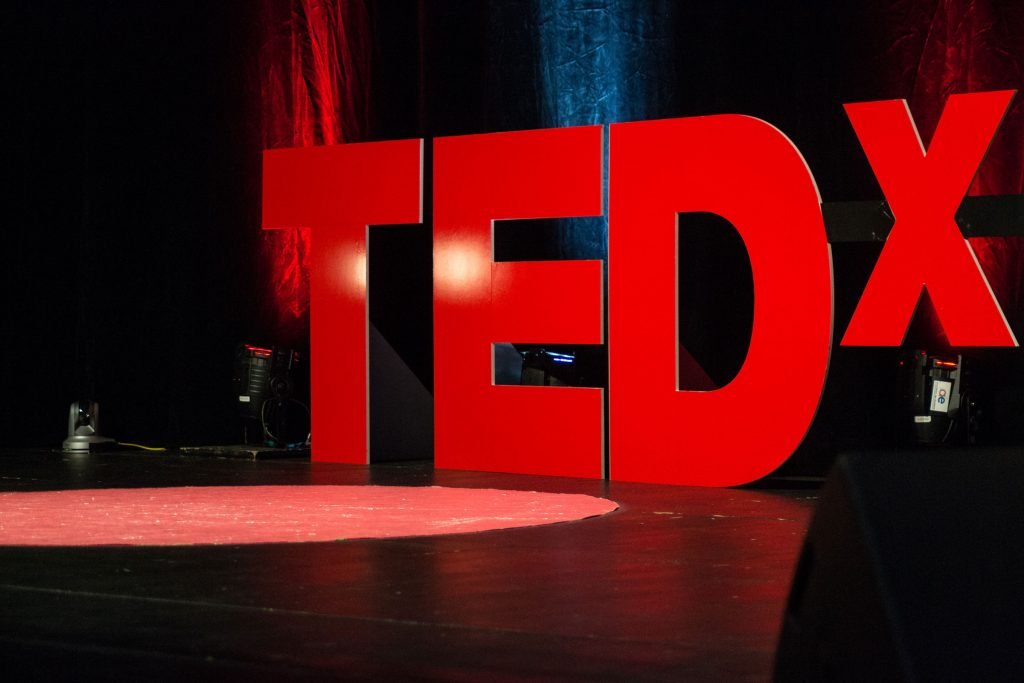
AHRAP Films
A set of films is produced to mobilize and disseminate knowledge on AHRAP to the public within some African countries. This will also translate knowledge on the AHRAP into cinematographic forms by using the film medium to reach a specific non-academic and a much wider audience. This is in partnership with leading and award-winning filmmakers in Africa such as Emil Garuba, Bem Pever, and others.
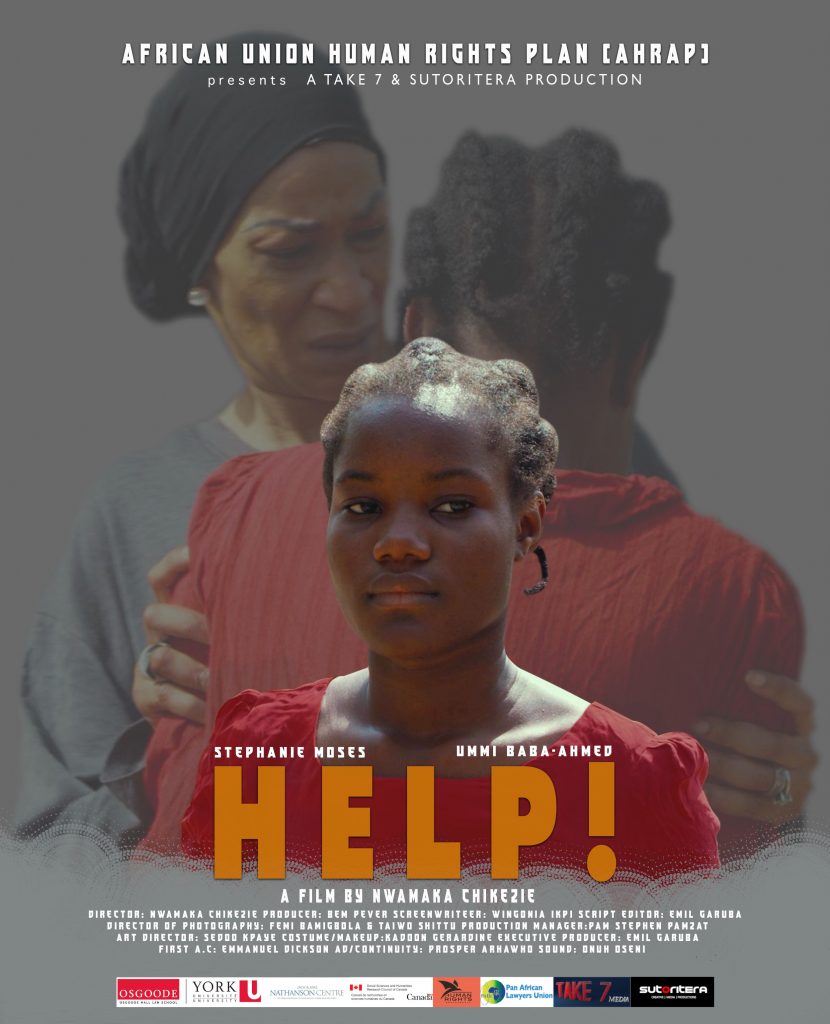
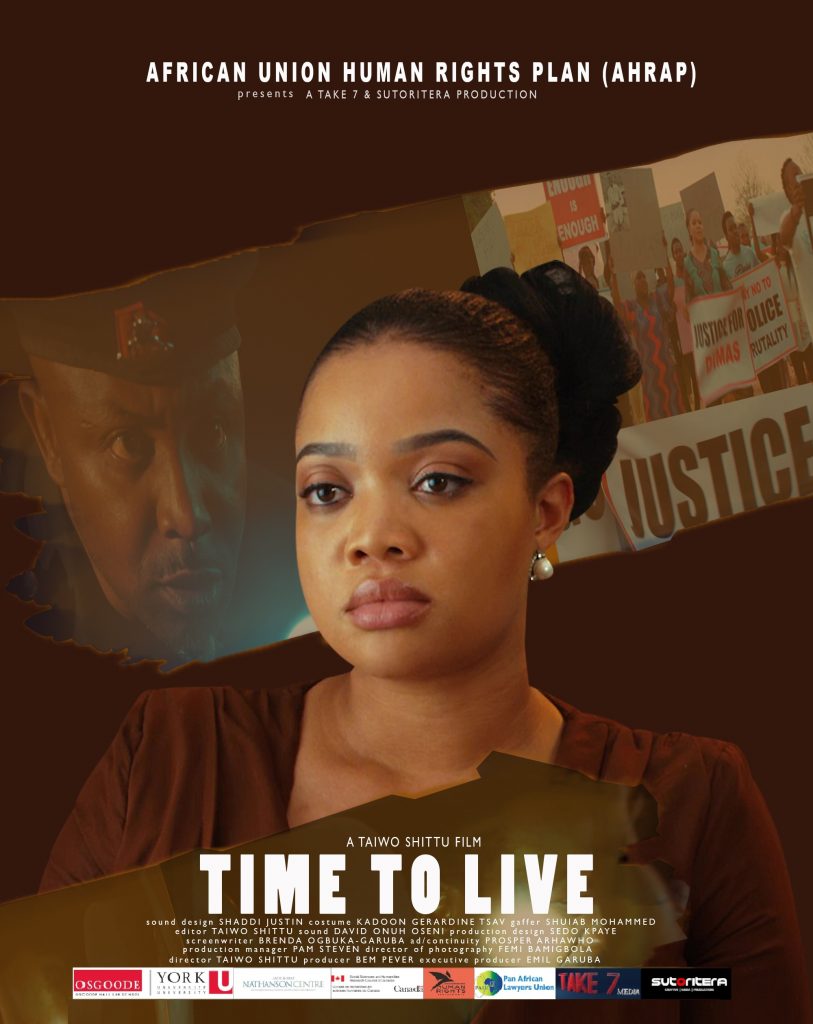
Training the Trainer Workshop
This AHRAP Training the Trainer workshop is to improve effectiveness, efficiency, and productivity towards realizing the goals of the AHRAP. This activity involves key players/representatives from several government institutions (that are responsible for implementing/enforcing the AHRAP in the various states). This workshop is to facilitate knowledge-sharing and experiential exchange.
